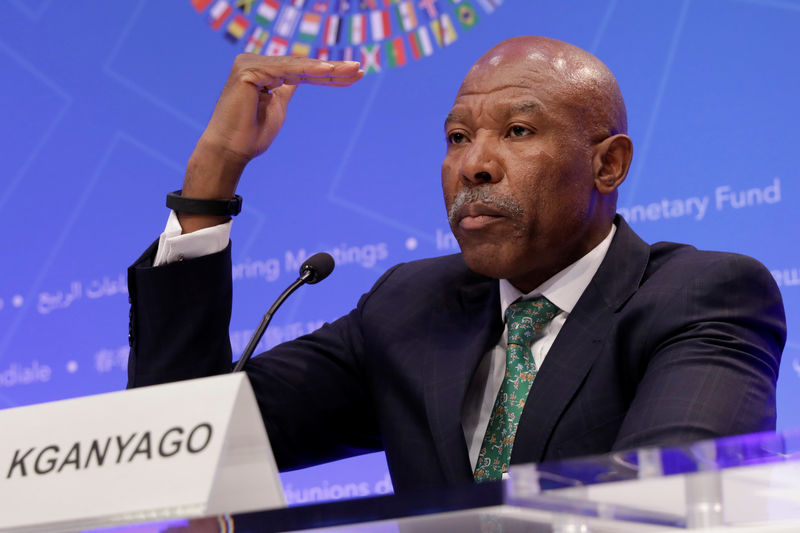
South Africa’s Reserve Bank Predicted to Hold Off Interest Rate Hike Until May
JOHANNESBURG – South Africa’s Reserve Bank will leave interest rates at 6.75 percent on Jan. 17, all 27 economists polled by Reuters in the past four days said, but rising inflation means it is likely to hike them in May. May’s expected hike to 7.00 percent would follow a surprise increase by the bank two […]

JOHANNESBURG – South Africa’s Reserve Bank will leave interest rates at 6.75 percent on Jan. 17, all 27 economists polled by Reuters in the past four days said, but rising inflation means it is likely to hike them in May.

May’s expected hike to 7.00 percent would follow a surprise increase by the bank two months ago and is despite expectations for the price of crude to fall, offering much needed relief to net oil importers such as South Africa.
The central bank wants inflation between 3 and 6 percent and while the median 2019 forecast got a slight nudge down to 5.2 percent in the latest poll, quarterly predictions say it will rise further from the mid-point through this year.
“Inflation will still be above the midpoint of the target, if it thought inflation was worrying to hike in November, then I think the same argument will apply in the first part of this year,” said John Ashbourne, senior emerging markets economist at Capital Economics.
But weak growth, expected to average 1.5 percent this year, means rates are expected to remain at 7.0 percent until the dying months of next year when the bank will add an additional 25 basis points.
Growth is forecast to accelerate to 1.9 percent in 2020.
With global growth weakening, some economists expect no change in South African policy across the forecast horizon. Frank Blackmore of EFConsult is one of those, citing lower global growth expectations and weaker domestic inflation.
The U.S. Federal Reserve has been raising rates but has signalled fewer interest rate hikes over the next two years and expressed caution about the U.S. economic outlook.
Higher rates in richer nations tend to attract much needed capital inflows away from emerging markets such as South Africa, weakening currencies which leads to quicker domestic inflation.
However, a separate Reuters poll on Wednesday said the rand would lose over 3 percent of its value in volatile trade against the dollar this year, but should be cushioned by wavering expectations for U.S. interest rates.
(Editing by Alison Williams)
